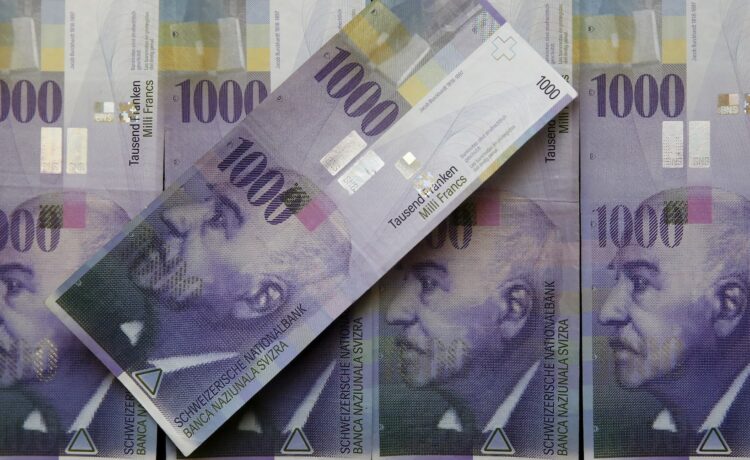“Germany and Europe are the main markets for industry. If the growth is weak there, this automatically affects demand for our industrial goods,” Jordan told an event in Riehen, near the northern border city of Basel.
“The exchange rate … does not make the situation easier. It makes it difficult for the industry,” he added, speaking at one of his last public engagements before he steps down from the SNB at the end of September.
The franc has also gained ground versus the dollar since June, making Swiss exports to the United States more expensive.
Jordan said the SNB was committed to price stability, which means an inflation rate of 0-2%, a target it has achieved for more than a year.
The central bank had reacted early to inflationary rises which helped it bring price rises under control, and had allowed the SNB to cut interest rates twice this year, the SNB chief said.
Jordan said interest rates remained the SNB’s main tool, although interventions in currency markets were also an option.
Markets currently forecast a 70% probability that the central bank will cut rates by 25 basis points at its next meeting on Sept. 26. They saw a 30% probability of a 50-basis-point cut from the current level of 1.25%.
Sign up here.
Reporting by John Revill
Editing by Dave Graham
Our Standards: The Thomson Reuters Trust Principles.

















